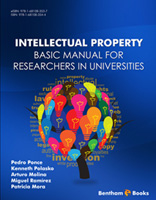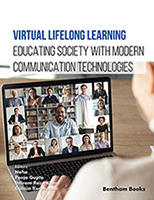Introduction
Universities are viewed by many as institutions that should impart quality education to enrolled students and foster a learning environment, which, in turn, would benefit the accumulation of knowledge worldwide. Enhancing university education is at the top of most governmental agendas. In this knowledge-driven economy, every nation wants to have the world's top-ranked universities. Every parent wants to send their child to a top university. And most people want to have a good university degree that gives them good prospects for landing a respectable job.
But universities are currently in turmoil: mass redundancies and department closures have become routine. Once revered as ivory towers of learning, today’s universities are forced to regard their students as consumers and customers. Many universities are now torn between labor market forces and increasing public expectations and accountability. University administration departments struggle with declining funding and increased cost scrutiny. Challenged on multiple fronts, universities are faced with conflicting agendas. They are expected to develop world-class reputations in research (an academic agenda) while teaching increasing numbers of students (a commercial agenda). They are required to be engines of economic development while maintaining comprehensive scholarly profiles. Numerous reports and headlines predict the demise of universities, emphasizing that the current educational and business model is not viable.
Reshaping Universities for Survival in the 21st Century: New Opportunities and Paradigms
suggests possible paths which universities might take to survive in the future by providing a compelling account of the landscape of today’s universities and the challenges they face. Readers will learn about the current crises which universities face followed by an explanation of the ideologies and paradigms that have shaped the current academic landscape. New trends and concepts in university education are also explained, such as academic capitalism and MOOCs. Written in clear, easy-to-understand language, it is a must-read for anyone who studies, works or is interested in the higher education sector, including university and government leaders and educational policy makers.









